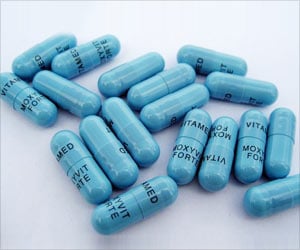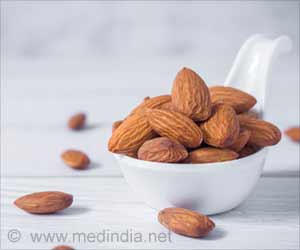
Compared to mice who received plain water with non-programmed bacteria, the mice drinking the NAPE-making bacteria gained 15% less weight over the eight weeks of treatment. In addition, their livers and glucose metabolism were better than in the control group. The mice that received the therapeutic bacteria remained lighter and leaner than control mice for up to twelve weeks after treatment ended.
Sean Davies, Ph.D said, "The microbial medicine would be low maintenance, and the goal was to produce therapeutic bacteria that live in the gut for six months or a year, providing sustained drug delivery. This is in contrast to weight-loss drugs that typically need to be taken at least daily, and people tend not to take their medications as directed over time. So we need strategies that deliver the drug without requiring the patient to remember to take their pills every few hours."
The study will be presented at the 249th National Meeting and Exposition of the American Chemical Society (ACS).
Source-Medindia














